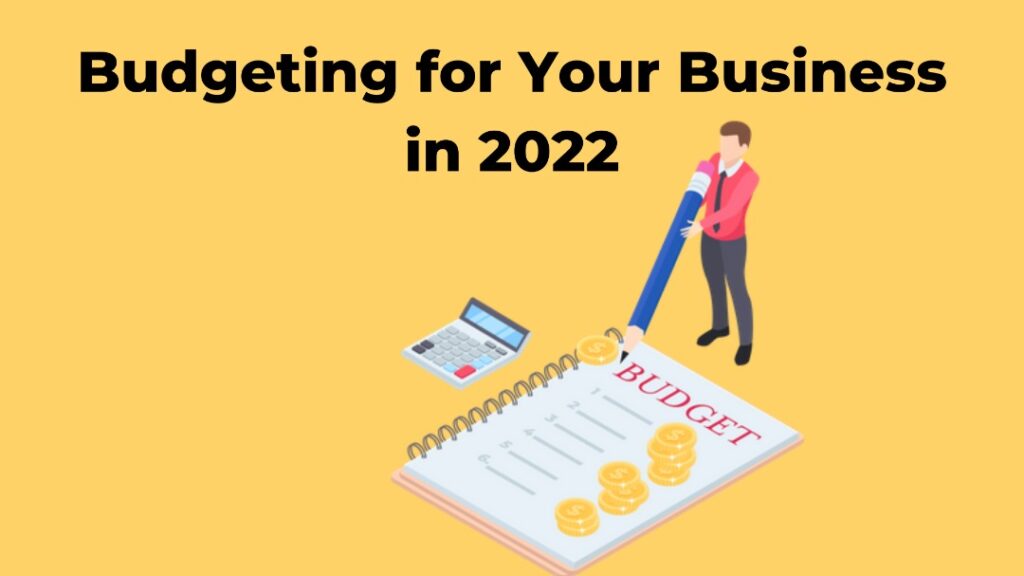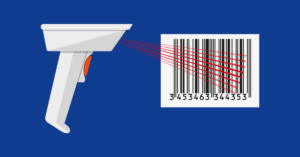As a business owner, one thing you must do when starting a business is budgeting. Budgeting is a crucial step towards keeping track of your spending and achieving your business objectives. A simple yet comprehensive budget created in the morning will save your company time and money in the long run.
What is Budgeting?
Budgeting is the process of making a forecast on how your business’s finances will look in the future. It includes reviewing what occurred last month, three months ago, and this month last year, and subsequently applying this information to make sound financial decisions in the months and years to come.Budgeting assists your business by;
- Highlighting the actual cost of running your business.
- Look for ways to make your day-to-day operations more efficient.
- Prepare for any potential issues and look for ways to save money
How to create budget plan
We understand that creating a budget for your business can be overwhelming. Let’s show you how to create a budget for a small business.
Estimate Your Income
The most important thing to budget for your business is to determine your revenue. Many businesses have failed in the past as a result of developing a small business budget, miscalculating income, and borrowing money to fund business operations. You must first determine how much money your company generates each month and where that money comes from.
Your Income figure ( which you can access through your total sales Report on Vencru) is a great step, to begin with.
Analyze Your Fixed and Variable Cost
The second step in budgeting is to research the cost of your business. Knowing your cost in and out will give you the baseline information needed to draft your budget, and have an effective spending plan.
Fixed costs are expenses required for the operation regularly. It might occur daily, weekly, monthly, or yearly. This can include expenses like rent, certain utilities, and wages. Once fixed costs are calculated, add them up to make a total fixed cost for the month. However, if your business is new, you must include start-up costs.
Variable costs are expenses that change based on your business performance and activity. Examples of variable expenses are the owner’s salary, Professional Development, replacing old equipment, utilities. In developing an idea of how these variable costs fluctuate with your business’s operations, ensure to add your variable expenses at the end of the month to help you make an accurate financial budget.
Set Aside Reserve Fund
Reserve funds are funds created to cope with any unforeseen scenarios or emergencies that a business may run into at any point in time. Whether you are into business or not, we know unexpected costs come when it is not convenient. These expenses emerge when you’re least anticipating them, and generally when the spending plan is tight.
Forestall the dread of unexpected costs while planning for your business by ensuring you have a little additional money available and planning for possibilities acceptable to you.
Now you have gathered all of your pay sources and your costs as a whole, what is right away?
Arrange everything to get a complete perspective on your monetary representation for the year. Note that budgeting is a continuous process that demands attention and continual monitoring. Taking time to properly budget will provide your company with the greatest financial information with which to make sound business decision.








